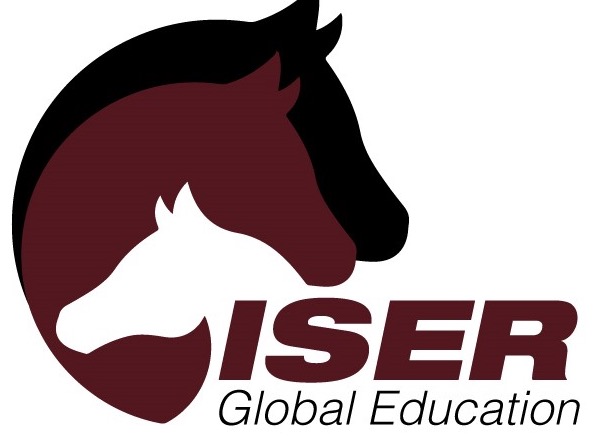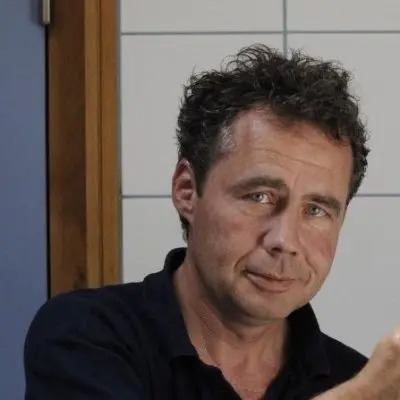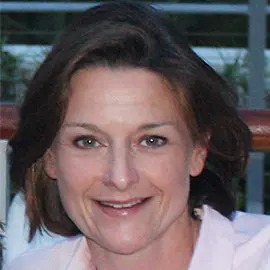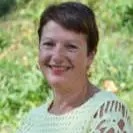Breeding Ethics: Broodmare Selection for Quality Progeny
Species
Equine
Contact Hours
3 Hours - RACE Approval Pending
Language
English
Discipline
Reproduction / Theriogenology
Veterinary Partner
Equine
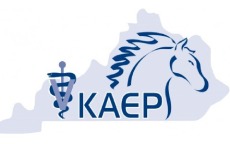
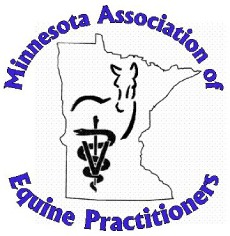
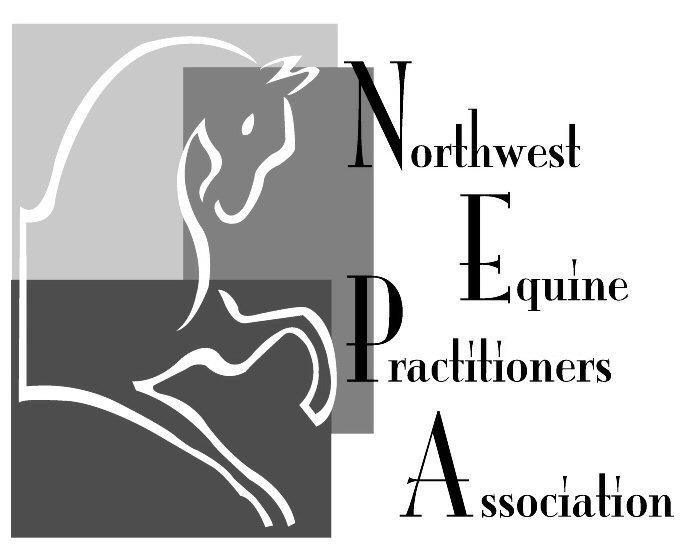
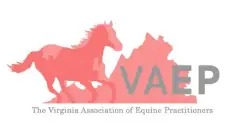

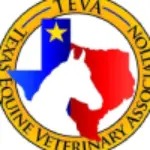
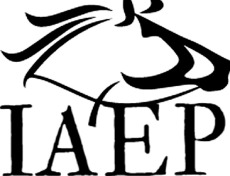
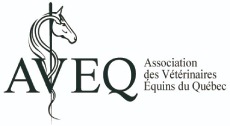
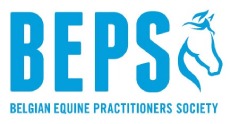
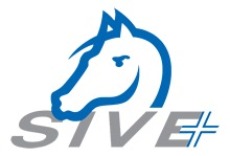
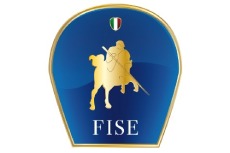
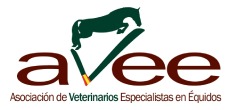
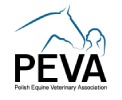

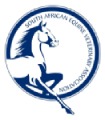





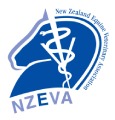






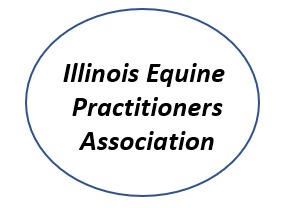
Time: London 6PM / Paris 7PM / New York 1PM / Sydney 3:00AM (+1)
Panelists:
Doug Antczak VMD, PhD - Baker Institute, USA
Dominik Burger PD Dr. med. vet., DVM. - Swiss Institute Of Equine Medicine & Swiss Equestrian, Switzerland
Pascale Chavatte-Palmer Dr.med.vet., PhD, HDR - INRAE, France
Moderator:
Madeleine Campbell BVetMed(Hons), MA(Oxon), MA (Keele), PGCertVetEd, PhD, DECAR, DECAWBM(AWSEL), FHEA, FRCVS - Nottingham University, UK
PANEL DISCUSSION DESCRIPTION
Join our hand-picked expert panel for a thought-provoking discussion on broodmare selection—not just for so-called ‘breeding soundness’ which focuses on the capability of the mare to sustain a pregnancy to term, but for the quality and athletic longevity of offspring. The group will explore and debate heritability, performance traits, and ethical considerations in breeding decisions.
Don’t miss this engaging and interactive live session, which will also be available on-demand following the event!
Doug Antczak earned a Bachelor of Arts degree at Cornell, where he captained the university polo team. After completing a degree in veterinary medicine at the University of Pennsylvania, Dr. Antczak conducted post-graduate research in England as a Thouron Scholar, and he was awarded a Ph.D. in Immunology from Cambridge University in 1978. Since 1979 he has been on the scientific staff of the Baker Institute. In 1992 Dr. Antczk was appointed the Dorothy Havemeyer McConville Professor of Equine Medicine and, in 1994, Director of the Baker Institute for Animal Health, a post he held for 15 years until 2009. During his career Dr. Antczak has conducted research in equine immunology, genetics, and reproduction. Dr. Antczak’s most important contributions have been in placental biology, specifically in unraveling mechanisms that lead to maternal immune tolerance of the developing equine conceptus. Dr. Antczak has been a catalyst for cooperative research in equine medicine through a series of Dorothy Russell Havemeyer Foundation Workshops that he initiated over 40 years ago. Since 1995 Dr. Antczak has been a principal participant in the international Horse Genome Project collaboration.
More InfoDominik graduated from the University of Berne in 1988 and subsequently worked there at the Equine Clinic, primarily in the field of equine medicine and exercise physiology.
From 1992 to 2011 he was based at the clinic of the Swiss National Stud in Avenches, responsible for the Research Program, the EU accredited Equine Reproduction Unit and the associated Equine Clinic with its ambulatory service at the racetrack of IENA. Since 2012, he works in the new ISME combining the equine clinics of the University Berne and Avenches, where he habilitated in 2019 with the topic "Reproductive Strategies in the Horse".
He is President of the Veterinary Commissions of the Breeding association for Swiss sport horses and Franches-Montagnes horses. As an ex-eventing rider Dominik retains a strong interest in sport horses and holds the position of the Head Coach of the Swiss Eventing Team including 7 participations at Olympic Games.
More Info
Madeleine is a RCVS and European EBVS Specialist in Animal Welfare Science, Ethics and Law. She is Professor of Veterinary Ethics at Nottingham University School of Veterinary Medicine and Science, currently Chairs the independent Animal Welfare Committee which advises Defra and the Scottish and Welsh governments, and through a number of appointments provides advice to various organisations including the Greyhound Board of Great Britain, the British Equestrian Federation, the British Horseracing Authority and the FEI. Madeleine's clinical background is in veterinary reproduction, and her research interests include the ethical issues surrounding the use of assisted reproductive technologies in non-human animals, and the use of non-human animals in competitive sport. More Info
Initially trained as a veterinarian, Pascale Chavatte-Palmer specialized in animal, and particularly equine reproduction with a focus on pregnancy and neonatology through my internship, residency and PhD, post-doctoral fellowship and initial position. After her recruitment at AgroParisTech and subsequently INRAE in France, she have been more widely focusing on feto-placental development and the developmental origins of health and disease (DOHaD), with a dual purpose in agriculture and as biomedical models. The aim of her research is to understand the role of the placenta in the programming of long term post-natal health, in the context of the Developmental Origins of Health and Diseases (DOHaD). First as a veterinarian and subsequently to be able to perform longitudinal studies in research animals, she has also developed in vivo imaging technologies such as ultrasound and Doppler to assess placental feto-placental development and placental perfusion. After having led a research group at the National Institute of Agronomical Research (now INRAE), with a mean of 12 permanent staff for the past 14 years, she created and took the lead of the Biology of Reproduction, Environment, Epigenetics and Development (BREED) research unit (currently 80 permanent staff), focusing on the development of the mammalian embryo from the formation of the egg cell to birth and development to adulthood in animals and humans. Projects range from fundamental studies on the functioning of the genome during embryo and fetal growth to applied research on the effects of the environment at large on development in the agronomic, veterinary and biomedical fields. The scientific objective is to understand and control the mechanisms of epigenetic programming during prenatal life, leading to the birth of a healthy, fertile and robust individual, able to adapt to changes in his environment. Meanwhile, she pursues her own research programs on effects of maternal and post-natal breeding conditions, including nutrition, on metabolic and osteoarticular outcomes in the foal. I have served as PI or co-PIU to several national and European research projects (see section D).
Pascale Chavatte-Palmer is a founding member of the French speaking society for DOHAD (SF-DOHAD), she was president of the International Society for Embryo Technologies (IETS) from 2018 to 2020. She is currently president of the International Federation of Placental Associations (IFPA) and of the French speaking society for the Study of Fertility (SFEF). She has recently been elected to be part of the board of the International Symposium of Equine Reproduction (ISER).
Qualified Vet
Online Panel Discussion
USD 95.00
Intern/Resident/PhD (Requires proof of status)
Online Panel Discussion
USD 70.00
Vet Nurse/Vet Tech (Requires proof of status)
Online Panel Discussion
USD 70.00
Veterinary Student (Requires proof of status)
Online Panel Discussion
USD 20.00
If the options you are looking for are unavailable, please contact us.
No tax will be added unless you are a UK taxpayer
Choose currency at checkout

 Tue, 27 May, 2025
Tue, 27 May, 2025
 01:00 pm - 04:00 pm
(Your Local Time Zone)
01:00 pm - 04:00 pm
(Your Local Time Zone)


